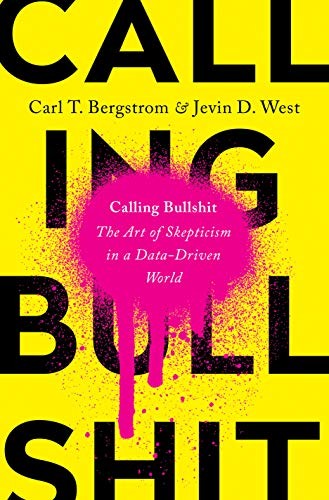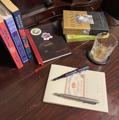Sam's Desk reseñó Calling Bullshit de Carl T. Bergstrom
Everyone should read it
4 estrellas
Given the nature of our modern information ecosystem, everyone who owns a phone or uses any device that's connected to the internet (or reads a newspaper or watches TV) should read this book.
It lays out, in amusing layman's terms, a variety of ways that people can try to bullshit us. It's not a technical book. It reads easily, with accessible and humorous examples sprinkled throughout, and it provides practical knowledge for surviving in this world we've created.
Given the nature of our modern information ecosystem, everyone who owns a phone or uses any device that's connected to the internet (or reads a newspaper or watches TV) should read this book.
It lays out, in amusing layman's terms, a variety of ways that people can try to bullshit us. It's not a technical book. It reads easily, with accessible and humorous examples sprinkled throughout, and it provides practical knowledge for surviving in this world we've created.


